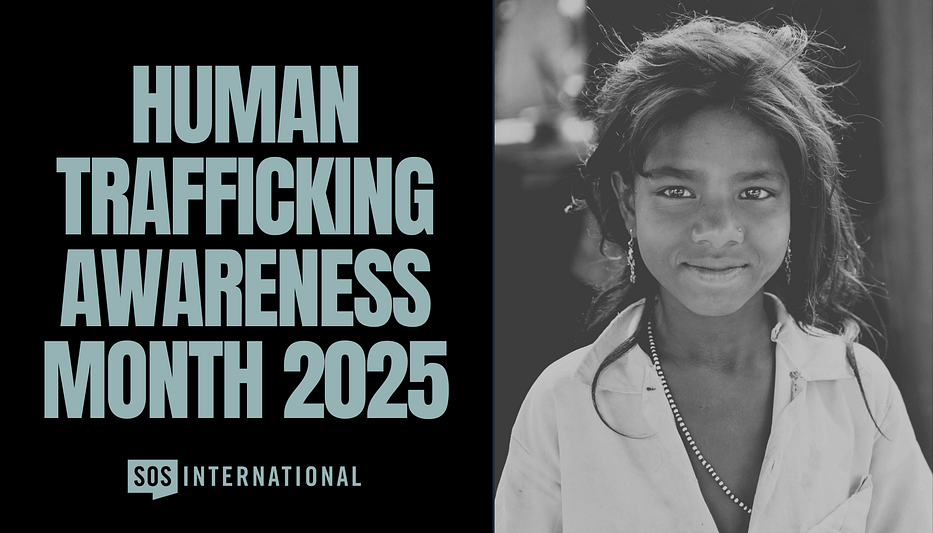
NGOCSTIP – Review of Human Trafficking Efforts provides an in-depth look at the ongoing challenges and progress made in combating human trafficking worldwide. This report, submitted under the Trafficking Victims Protection Act (TVPA) of 2000, offers an interim assessment of the progress made by countries on the Special Watch List. This list consists of countries that either moved up a tier in the 2024 Trafficking in Persons (TIP) Report or were placed on the Tier 2 Watch List. This interim assessment reflects governmental actions taken in the first half of the reporting period, from April 1 to September 30, 2025, and highlights the need for continued global efforts to address trafficking in persons.
The Review of Human Trafficking Efforts evaluates a wide range of countries across several regions, from Africa to the Western Hemisphere, with a focus on their anti-trafficking efforts, prosecutions, victim support systems, and inter-governmental cooperation. This comprehensive review provides insight into how countries are progressing in their fight against trafficking, with some showing significant advancements in victim identification and legal frameworks, while others still face challenges in addressing the complex issues surrounding human trafficking. The assessment underscores the need for continued global cooperation to strengthen anti-trafficking measures and improve the protection and support available for victims.
In Africa, several nations made significant strides in improving their anti-trafficking operations, but many still face critical challenges. For instance, Benin took steps to formalize operating procedures for victim identification and improve inter-ministerial cooperation for accurate data sharing. However, the country did not show significant progress in prosecuting trafficking crimes or enhancing protection services for victims. Burkina Faso and Chad also made efforts, such as investigating trafficking crimes and drafting bilateral agreements to enhance regional cooperation. However, their efforts were marred by challenges such as child detentions and bureaucratic delays, with Chad’s National Commission on Trafficking still awaiting presidential approval.
Countries like Central African Republic, Equatorial Guinea, and Guinea-Bissau made efforts in victim protection and awareness-raising, but failed to progress in key areas such as prosecuting traffickers, implementing victim identification protocols, or increasing victim services. Gabon took positive steps in prosecuting trafficking crimes and funding protection services but lacked a full definition of human trafficking in its penal code.
“Read about: Power Shutdowns at Myanmar Border: Thailand Targets Criminal Scam Centers”
Countries in the East Asia and Pacific region have displayed mixed results in combating trafficking. Hong Kong screened 11,000 individuals for trafficking indicators and convicted two traffickers for forced labor in online scam operations. However, it failed to expand its legislative framework to criminalize all forms of trafficking or collaborate consistently with civil society. Republic of Korea made notable progress in victim identification by earmarking funds to support trafficking victims and conducting inspections of fishing vessels. However, it faced criticism for inconsistent victim screening, especially among migrant fishermen.
Laos and Fiji focused on awareness-raising and cooperation with neighboring countries. However, both failed to increase prosecutions or significantly enhance victim services. Solomon Islands and Vanuatu initiated anti-trafficking actions such as drafting national action plans and conducting training, but both countries lacked a concrete implementation of victim identification procedures and prosecution of traffickers.
In Europe and Eurasia, some countries made notable strides in strengthening their anti-trafficking framework, while others continued to face major hurdles. Malta launched a 2024-2030 national action plan and initiated prosecutions against suspected traffickers, yet failed to convict any traffickers and did not focus sufficiently on labor trafficking. Poland improved its national referral mechanisms and introduced training for government officials, but it was criticized for not enhancing data collection or establishing specialized units for trafficking cases.
Countries such as Serbia and Algeria made strides by increasing funding for victim protection and conducting trainings for law enforcement. However, they did not allocate enough resources to NGOs or address all forms of trafficking, including forced labor. Kuwait demonstrated improved identification of trafficking victims and raised awareness of trafficking issues but failed to prosecute traffickers consistently and did not implement comprehensive reforms to its visa system.
“Read more: Candace Bushnell Reflects on Her Writing Career That Shaped HBO’s Iconic Content”
In South and Central Asia, nations like Maldives and Nepal took steps to strengthen their anti-trafficking frameworks by drafting new national action plans and collaborating with international organizations. However, both countries struggled to prosecute traffickers effectively and lacked adequate victim identification procedures. Kyrgyz Republic made progress in international cooperation and victim referral but did not secure any convictions or allocate sufficient resources to victim services.
In the Western Hemisphere, countries like Dominican Republic and Uruguay made some progress in victim identification and training law enforcement. Dominican Republic removed the requirement to prove force, fraud, or coercion in sex trafficking cases involving child victims, but failed to adequately address the vulnerability of Haitian migrant populations. Suriname convicted several traffickers and improved victim identification and support services, but still faced challenges in protecting workers from forced labor exploitation.
Despite efforts made across regions, the progress on human trafficking remains uneven, with several countries failing to implement legislative changes or allocate sufficient resources to fight trafficking. The Review of Human Trafficking Efforts highlights the disparities in anti-trafficking actions and the challenges many nations face in addressing the issue. While some countries have made notable strides in victim identification, prosecution of traffickers, and strengthening anti-trafficking frameworks, others continue to struggle with insufficient enforcement, weak legal structures, and limited victim support services.
The ongoing global challenge requires continuous attention, cooperation, and dedication to addressing the root causes of trafficking and providing adequate protection for victims.